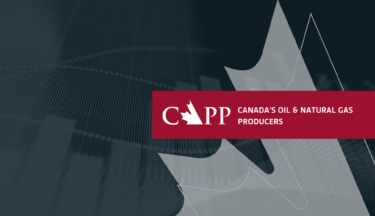
Anomalous Induced Seismicity due to Fluid Disposal
The Industry Shared Practice was developed by CAPP member companies. It is designed to serve as a guide, describes current recommended practices to manage induced seismicity due to fluid disposal, reflects the current state of knowledge and takes into account areas of ongoing research.
4/22/2024
